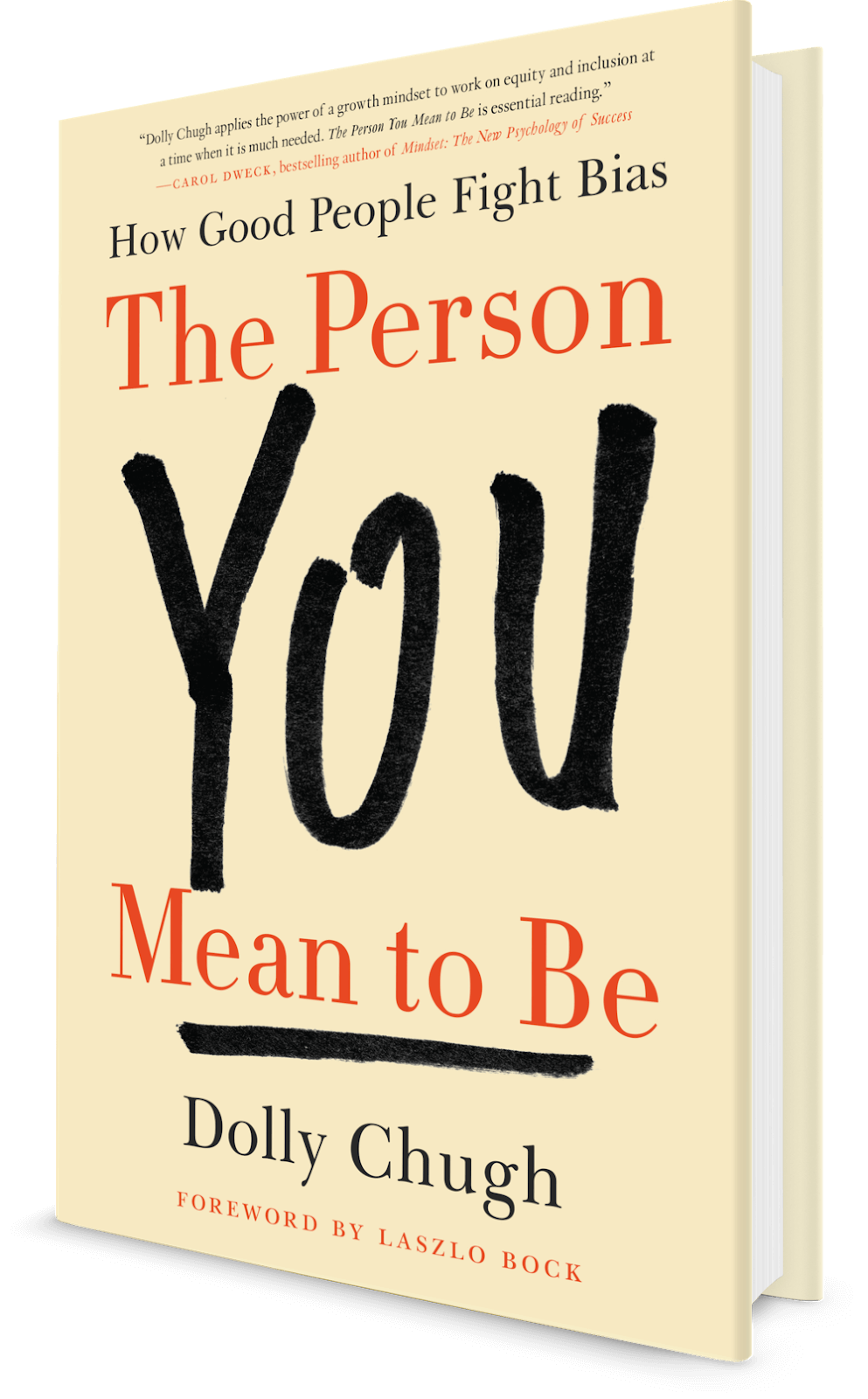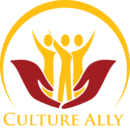

Antiracism Reading Group : The Person You Mean to Be
 Culture Ally’s Antiracism Reading Group September 2021 selection is
Culture Ally’s Antiracism Reading Group September 2021 selection is
The Person You Mean to Be: How Good People Fight Bias by Dolly Chugh, Phd
“An inspiring guide from Dolly Chugh, an award-winning social psychologist at the New York University Stern School of Business, on how to confront difficult issues including sexism, racism, inequality, and injustice so that you can make the world (and yourself) better.”
“Dolly reveals the surprising causes of inequality, grounded in the “psychology of good people.” Using her research findings in unconscious bias as well as work across psychology, sociology, economics, political science, and other disciplines, she offers practical tools to respectfully and effectively talk politics with family, to be a better colleague to people who don’t look like you, and to avoid being a well-intentioned barrier to equality. Being the person we mean to be starts with a look at ourselves.” https://www.dollychugh.com/book/the-person-you-mean-to-be
Please join us as we explore contemporary forms of bias and gain tools for fighting bias in our personal lives and clinical practices.

